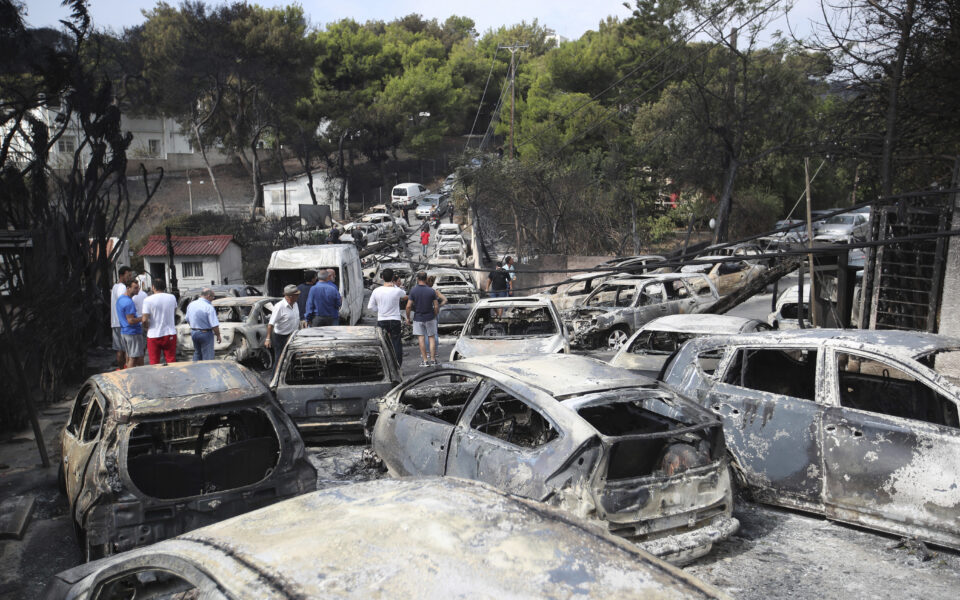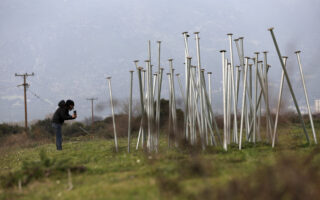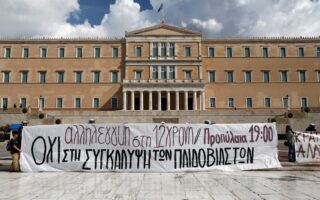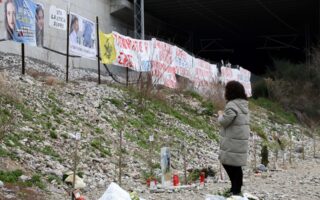Tragedy a ‘glitch’ or ‘product’ of the system?

A premise in the introduction to an interview with the author and playwright Gillian Slovo in The Guardian struck me. Attending the American production of the play “Grenfell: In the Words of Survivors,” the journalist Emma Brockes noted that she thought the story of a fire in an apartment block in London in 2017, which killed 72 people, would be a “tough sell to American theatergoers.” Then she added: “Towards the end of the play, however, when a survivor suggests the fire wasn’t caused by the system being broken but rather by the system performing exactly as built, the audience at St Ann’s Warehouse in Brooklyn broke into spontaneous applause.”
Clearly, the death of Grenfell Tower’s residents can touch people everywhere, as it is the result of deregulation, the recklessness of corporate enterprises and the lack of interest that governments show in communities of the less privileged, as most of the residents of Grenfell Tower were.
I read the interview on Monday, just as an Athenian court handed down sentences for five former senior officials of the Fire Service and a man convicted of setting the blaze which killed 104 people at Mati in 2018. They were given the option of paying a fine and they walked free, provoking rage among survivors and family members of the bereaved, and consternation in the rest of Greece. I wondered whether this tragedy was a “glitch” or a product of the system.
And Tempe? Was the train collision the result of an unrelated series of mistakes, or the predictable outcome of many errors in process, staffing and oversight? And if there were so many mistakes, and for so long, do they remain “glitches” or a fundamental part of the system? It is inconceivable that anyone who was in a position of responsibility would have been indifferent to the consequences of their action or inaction at Mati and at Tempe, if they could imagine what would happen. It is also impossible to believe that anyone would put “profit” above the lives of so many people. It is most likely that our system was not designed to kill, but that the way it was designed and the way it operates lead to catastrophe.
The “mistake” and the “premeditated crime” become one and the same. This does not mean we should write off as “mistakes” the responsibilities of the guilty. On the contrary, this should be an even greater burden of responsibility on those who ought to fix the system, to train the officials as to the essence of their duties.
The difference between our tragedies and those elsewhere is that the “privileged” here are not better off than the rest. The victims at Mati, at Tempe, were “people like us,” our siblings, parents, children and friends. Our system does not discriminate. We are all equal: victims and impending victims. Our tragedy is that we do not learn. We do not see where we are headed.
I wonder, what would people elsewhere (in London, in New York, anywhere) say if they read the accounts of those who were close to the tragedy, as they were written down by Marina Karyda in her book “Mati 23 July 2018”? Would they recognize our common fate? Or would the Greek events seem inconceivable to them? By the way, no one has been held to account for the fire at Grenfell Tower.





